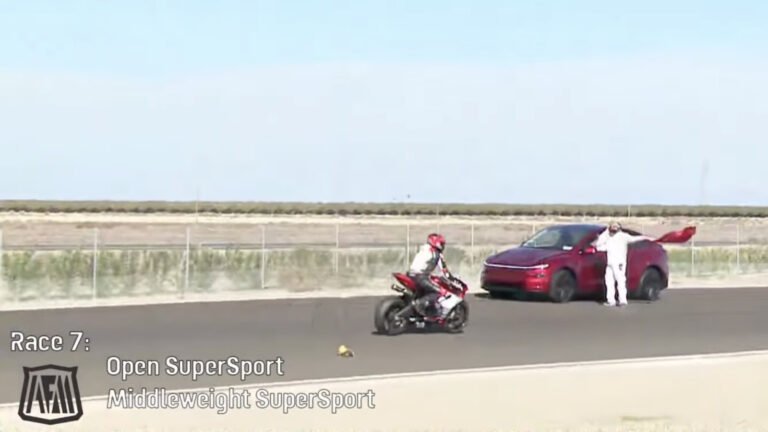

- Nevada launched an online tool letting citizens report plate violations.
- DMV claims it’s about fairness and safety, but critics aren’t convinced.
- Over 7,600 reports came in within two weeks of the tool’s debut.
If you’ve ever wondered what it’s like to work at the DMV, the state of Nevada will let you get a taste for free from your own car. The state has launched an online reporting tool that allows residents to flag drivers with expired, out-of-state, or missing tags directly to the DMV and local law enforcement.
You might be surprised (or maybe not) to hear that more than 7,600 reports have already poured in over just two weeks.
Read: Millionaire Supercar Owners Are Skipping Taxes And States Are Furious
Dubbed the “Registration Spotter,” the program is meant to curb what the state sees as a huge problem with unregistered or improperly registered cars. DMV Compliance Chief JD Decker says that his officers routinely find vehicles with out-of-state plates long past their grace period.
“In areas like this where it is high density, you really don’t have to look too hard to find something that is going to stand out,” he told FOX5 during a ride-along.
“Our resident non-resident plate problem is huge,” Decker explained. “We get a lot of people that maintain an out-of-state plate because all of the surrounding states are cheaper to register their vehicles in. You could pick people off at schools all day long, because if your kids are in school, you live here. Local residential parking stickers, that’s a tell that they live here,” he added.
He didn’t explain why local authorities don’t just do exactly that.

High Fees, Higher Frustration
Nevada bases registration fees on vehicle MSRP, so they can be considerably higher than in neighboring states.
Critics argue that the situation isn’t what it looks like on the surface. “LOL anything for the cops and NDMV to not have to do their jobs. Jesus. Each cop in a vehicle will drive past a dozen with expired, invalid, or no registration every day. What, are motorists supposed to fill this out while driving,” one person wrote on social media.
Others said it was akin to the police asking the public to do their job for them. Some wondered how the DMV would manage the tips and if it would actually do something with the data collected.
Hopefully, in the next few weeks or months, we’ll get a report on how many citations and corrections came out of the program.



